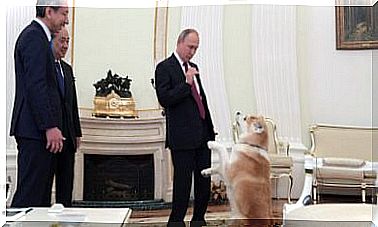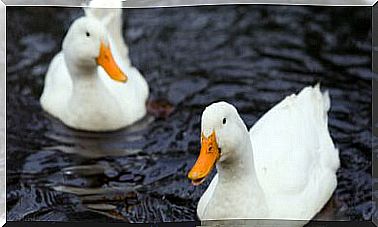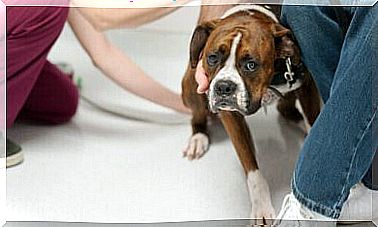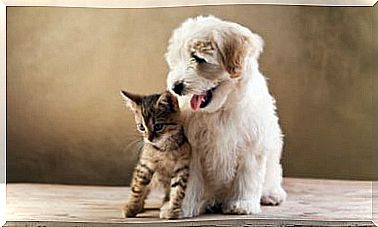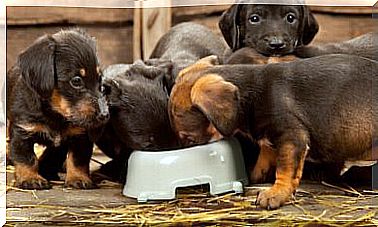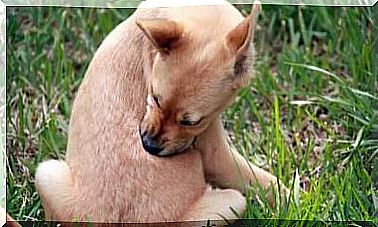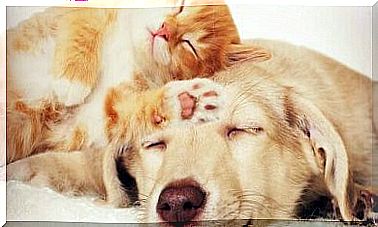Pets Encourage A Baby To Grow Up Healthier
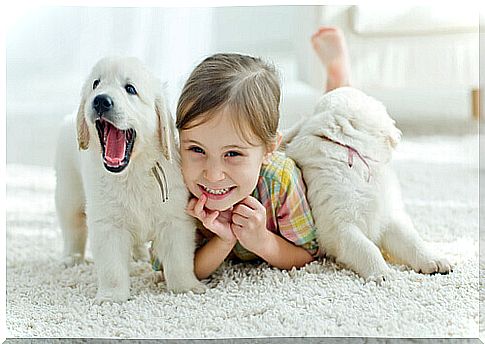
Our pets, or pets, contribute with many benefits to children, among these benefits is the strengthening of the immune system, which makes the little one’s body better prepared to defend itself against illnesses.
It has been proven that a baby who has the company of a furry friend is in contact with many bacteria. Therefore, your immune system and your defenses will get used and develop self-protection mechanisms and, thus, they grow stronger.
For example, babies less than one year old who live with animals will have much fewer colds in cold weather.
ear infection

Otitis, an ear infection, is a frequent disease in babies. However, different studies have come to the conclusion that babies who live with dogs and cats suffer less or to a lesser extent from this disease. In addition, the little ones needed to take less medication when they had this disease.
Improved immune system
A baby who lives with a furry friend at home indirectly has more contact with the outside world. Understand: when a dog goes out on the street during their daily walks, like a cat that enjoys the freedom to cross domestic boundaries, they bring microbes home. And this, according to experts, is good for the little one, as it helps to “strengthen the baby’s immune system”. The set of antibodies rearms, that is, the child grows stronger and is more protected from infections and different diseases.
Benefits for the rest of the family
The positive effects of having a dog or cat at home have been analyzed in numerous studies, not only with children, but also with the adult population. These studies concluded that the life expectancy of people who had suffered a heart attack increases when they are living with a dog, thus decreasing the risk of cardiovascular attacks.
In the case of the elderly, dogs and cats will reduce the risk that they will experience depression and other psychological problems associated with loneliness. Among other things, because of the benefits they take responsibility for taking care of their furry friends behind. And animals know how to respond to this care with great affection, which is what our elderly need most.
Taking responsibility thanks to pets
Living with pets can offer very positive benefits in terms of the child’s psychological development and personality. Living with a pet, the child will learn not to disturb the pet while it eats or sleeps, to clean the litter box and the food plate and to treat it gently.
These activities help the little one to develop a sense of responsibility and an understanding of the needs of others. In addition, physical contact will allow the child to open up to tactile experiences, contributing to self-assurance, better socialization and interaction in relationships with their environment.
In the case of children with social problems, autism, Down syndrome, etc., a dog at home can be an authentic vehicle or intermediary channel between the child and the external world that surrounds him. Having a pet is not just about petting and playing with it, it is also about care, feeding and cleaning. All this the child learns and this helps him to be more responsible with living beings and in their daily activities.
Other benefits of pets
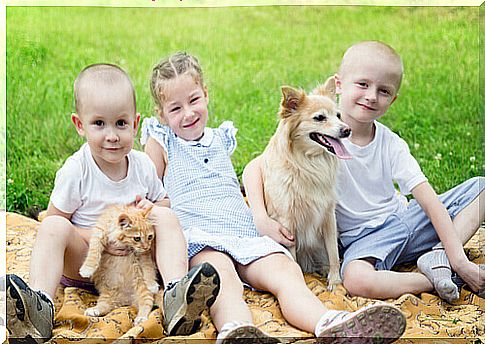
With regard to learning, on many occasions, when a child starts to read, he may feel pressured by his parents or siblings to evolve quickly and to match the other children around him. So that the little one does not feel pressured, adults can encourage him to read to the pet, since the animal will not interrupt or pressure him to read faster and, thus, the child will feel more comfortable. The animal will be the perfect study companion.
Children who have pets show greater impulse control, in addition to improving their social skills with other children and increasing self-esteem. They have a furry friend and companion at home who will love them as they are, without asking for anything in return, and without demands of any kind. The only thing children have to do is respond a little to this affection.

